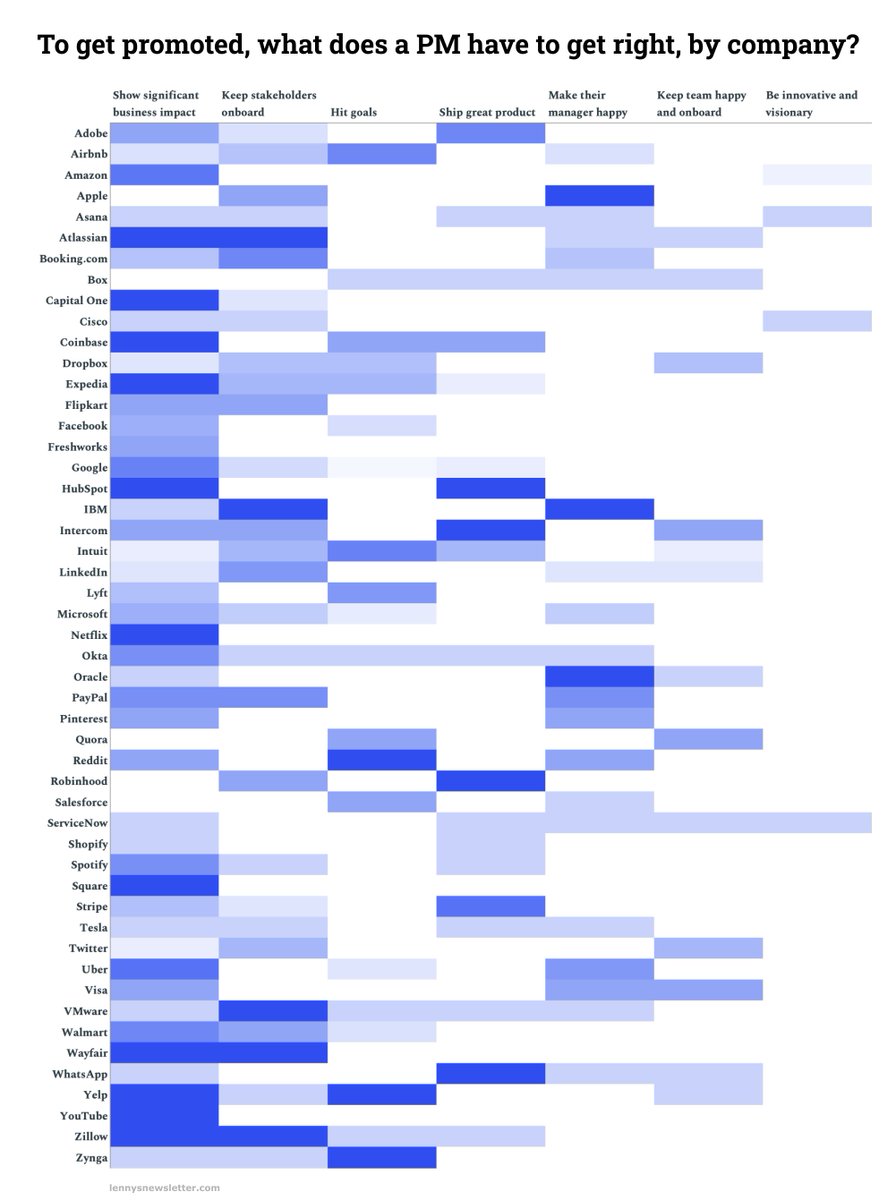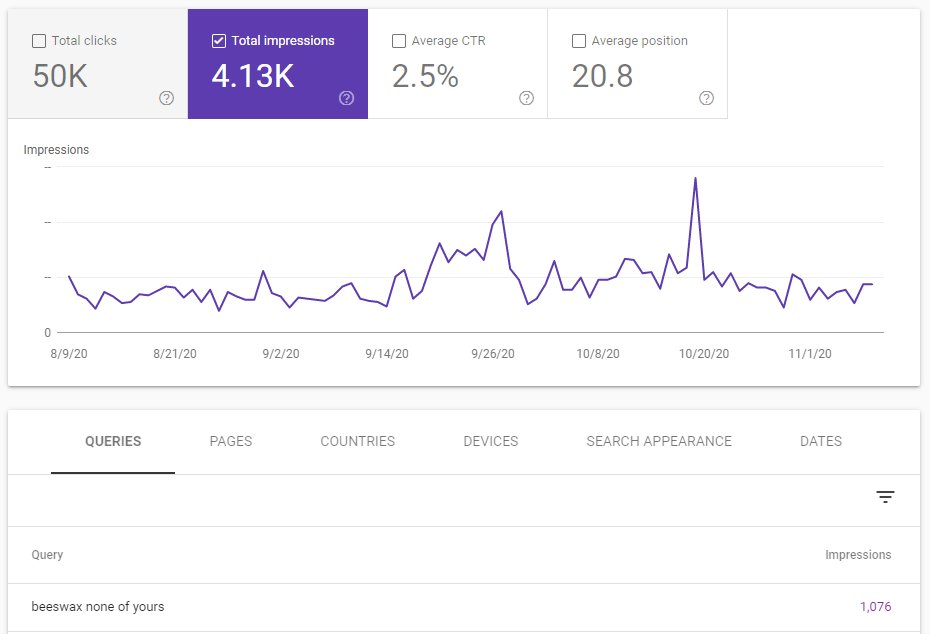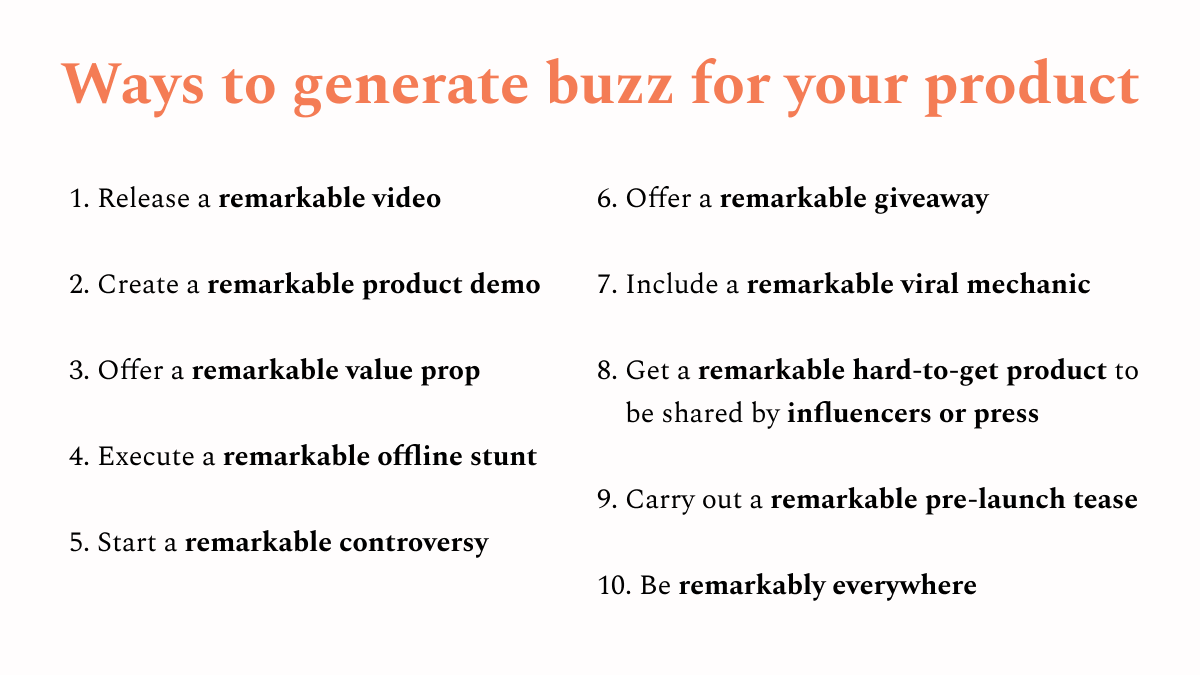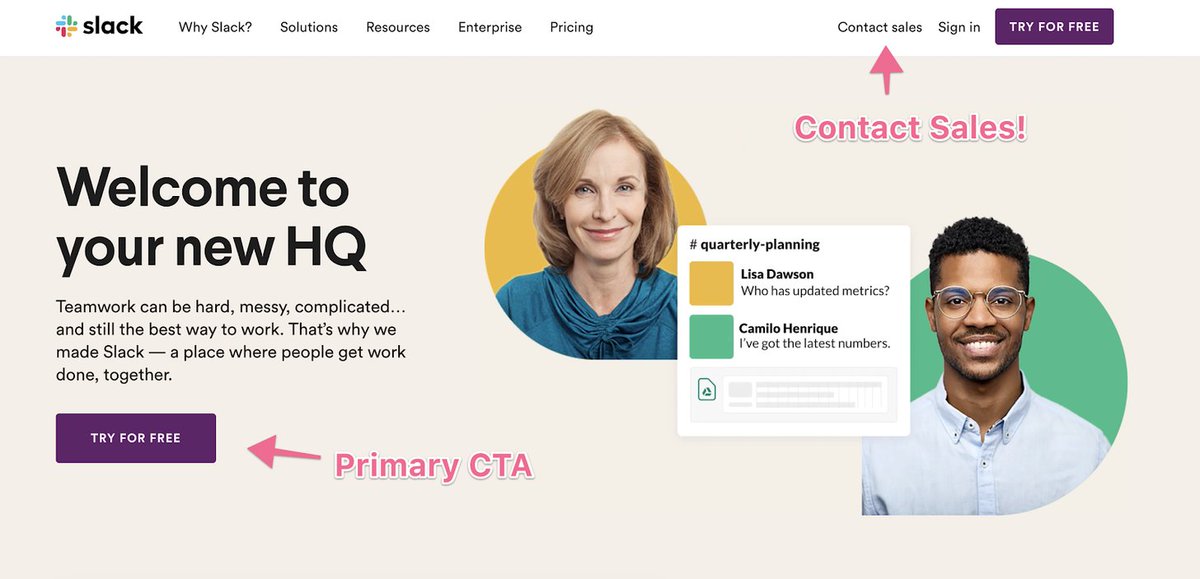
I'm really excited to finally share the results of a survey I've been working on for months, looking into how the Product Manager role differs across the industry. With nearly 1,000 survey responses across 600 companies, the results are illuminating 👇
lennyrachitsky.com/p/product-mana…
lennyrachitsky.com/p/product-mana…
5/ How companies index across Heart (e.g. empathy, culture) vs. Hands (e.g. execution) vs. Head (e.g. intelligence) 
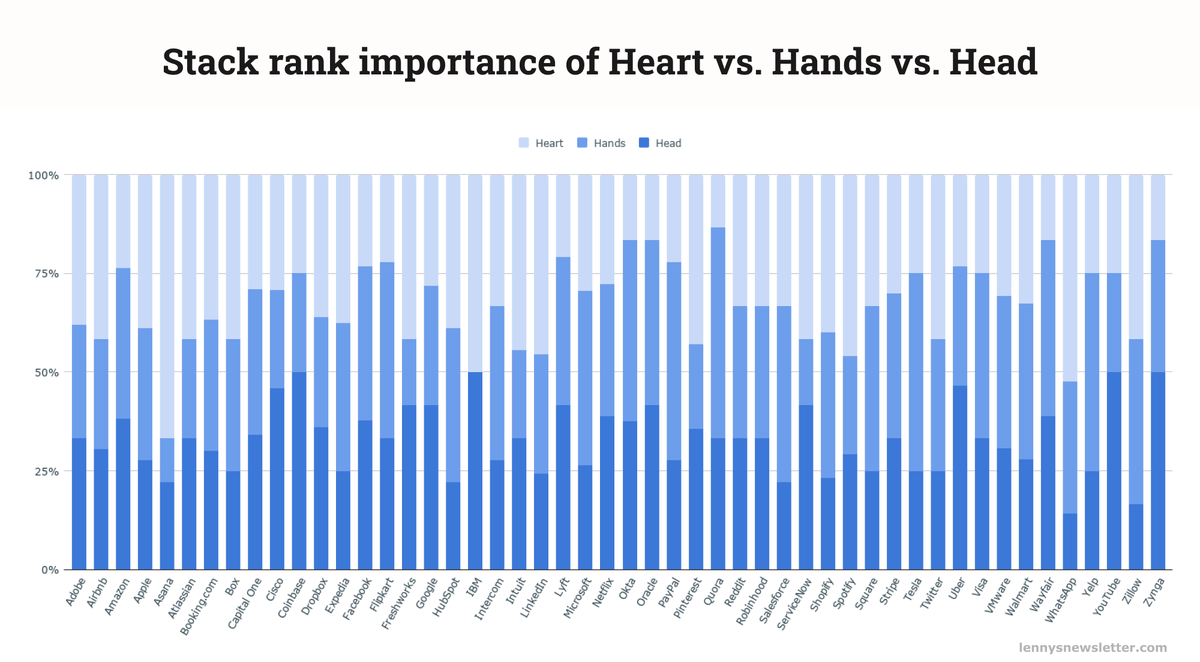
6/ Don't miss the full post for takeaways and links to dig deeper. And if you have any other takeaways, feedback, or questions, let me know!
lennyrachitsky.com/p/product-mana…
lennyrachitsky.com/p/product-mana…
7/ Big thank you to @prodmanagerhq @sriramk @hnshah @joshelman @ianmcall @talraviv @manikgupta @KaraSkrip @sean_lynch @KiyaniBba @psauer @uvajfrank @MatthiasWagner and Helen Sims for your help amplifying and/or reviewing the survey 🙏
• • •
Missing some Tweet in this thread? You can try to
force a refresh

